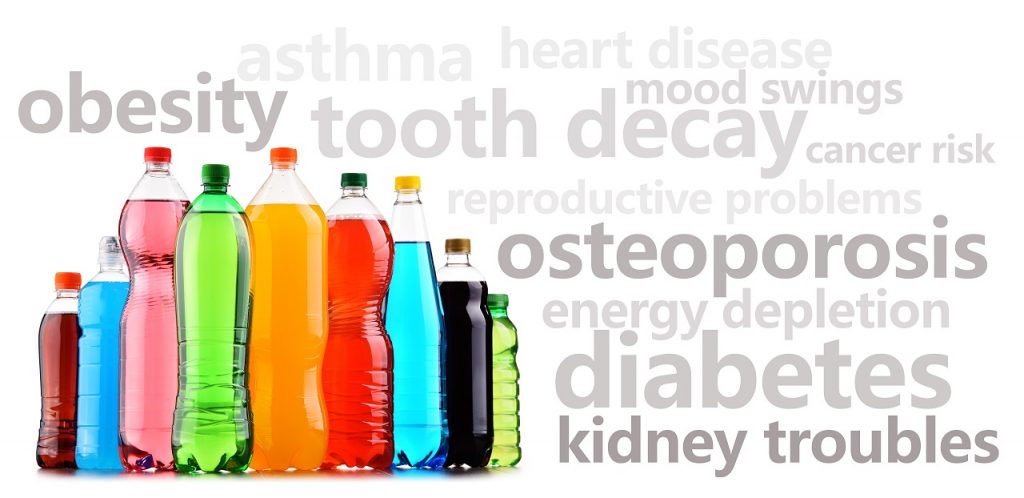Sugary beverage consumption is on the rise in Ghana, particularly among younger age groups and urban populations, according to a new study by researchers Josephine N. Nartey, Victor Obilie-Mante, and the non-profit organization Censura GHANA. This increasing trend is contributing to a surge in health issues such as obesity, type 2 diabetes, cardiovascular diseases, and dental problems.
The researchers report that sugary drinks, which are packed with calories but lack essential nutrients, are leading to significant health problems. Their study highlights a clear link between the consumption of these beverages and the prevalence of non-communicable diseases (NCDs) in Ghana, noting that obesity and type 2 diabetes are becoming more common as sugary beverage consumption increases.
Nartey and her colleagues explain that social and cultural factors play a significant role in shaping consumption patterns. They point to aggressive marketing strategies by beverage companies that often target young people, creating a culture where sugary drinks are seen as desirable. Additionally, the researchers note a lack of widespread health awareness about the negative impacts of these beverages.
The economic consequences of high sugary beverage consumption are also significant, the study reveals. The costs associated with treating NCDs place a substantial strain on Ghana’s healthcare system. Moreover, the researchers highlight that these health issues can lead to lost productivity and financial stress for families due to medical expenses.
In response to this growing issue, various policy interventions have been implemented. The researchers detail these measures, including higher taxes on sugary beverages aimed at reducing consumption by making these drinks more expensive, marketing restrictions that limit the advertising of sugary beverages to children, and public education campaigns designed to raise awareness about the health risks associated with sugary beverage consumption.
The study by Nartey and her team emphasizes that addressing this issue requires a collaborative effort involving government agencies, the beverage industry, civil society organizations, and public health institutions. They recommend strengthening research and surveillance systems to monitor trends and evaluate the effectiveness of interventions. Additionally, they advocate for public awareness and health literacy campaigns that are culturally appropriate and aim to empower individuals to make healthier choices.
Encouraging the beverage industry to reformulate products by reducing sugar content and adopting responsible marketing practices is another crucial step, according to the researchers. They stress the importance of promoting health equity to ensure that interventions reach all segments of the population, especially marginalized communities.
The researchers conclude that reducing sugary beverage consumption can significantly improve public health in Ghana. They assert that such measures can lower rates of obesity, diabetes, and other related diseases, ultimately leading to reduced healthcare costs and improved quality of life. By prioritizing these efforts, Ghana can make substantial progress towards better health outcomes and economic stability.
This article is based on the research publication “Assessing the Impact of Sugary Beverage Consumption on Public Health in Ghana: Trends, Challenges, and Policy Implications” by Josephine N. Nartey, Victor Obilie-Mante, and Censura GHANA.

